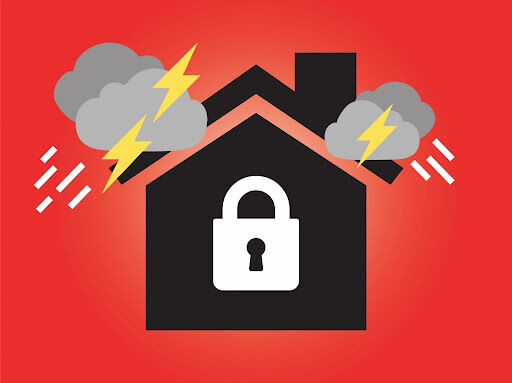How to handle a bad landlord

Bad Landlord
The red flags in landlords can be hard to spot. Trying to avoid them is ideal but getting into a tricky living situation with a bad landlord is maneuverable, and here’s how to move next.
Joseph Romano is a consumer attorney and president of The Romano Law Firm based in Cleveland. He represents landlords in court with their tenants and says many tenants do not read the writing close enough, and landlords often overstep their boundaries.
“Bad landlords think they have the absolute right to do whatever they want with their properties and that’s not true,” he said. “Being a landlord is just a business, and businesses have rules you have to follow.”
His job is to educate landlords on what they can and cannot do. From situations like them entering the premises unannounced to take photos, to duping young renters through tricky writing, there are many instances where they overstep their boundaries.
What they are not allowed to do to you depends on the area you live in and the terms you signed on. However, there are certain rights that tenants everywhere in the United States have. There are certain conditions you do not have to live in and a landlord is not allowed to evict you in retaliation for reporting such conditions, according to the Landlord-Tenant Law.
“If there’s mold, cockroaches, no hot water, or even lead-based paint you can file a complaint with the health department.” Ambar Bhargava, a residential real estate lawyer said. “Then the landlord has to deal with an inspection, and the city inspectors will always find something.”
Ambar Bhargava owns and operates his own law firm in Buffalo, New York. He deals with many matters, one of them being residential real estate. He has seen a fair share of the back and forth game between landlords and tenants, and the issues usually arise from living qualities. With a landlord who maintains their properties, this isn’t a concern.
“A good landlord should have someone on call 24/7 to address emergency issues,” Bhargava said. “If the heat is broken, they shouldn’t be saying ‘let me see when I can get someone out there.’”
Both lawyers say reading the terms carefully is pivotal in understanding your lease. Any adverse living conditions should be reported to your local health department. Complaining directly to your residential management first is smart, and court action may be a good final resort. If you are a student at Kent State and considering doing so, you may contact the Kent State Student Legal Services for additional help.
Mateo Martin is a reporter. Contact him at [email protected].


